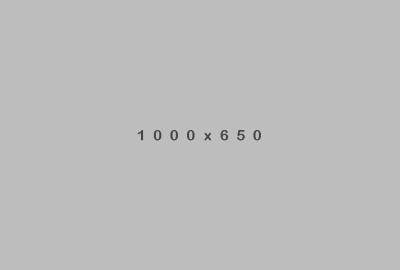Is Human Time Perception Calibrated by the Number of Frames Experienced per Unit Time?
Number of Students: 2
Duration of Project: 7 weeks
Project Supervisor: Hakan Karşılar
In the time perception literature it has been demonstrated that a given stimulus’ physical properties (e.g. size, brightness, loudness) can affect its perceived duration. On the other hand, the temporal frequency of a given event (e.g. a dynamic stimulus or a video) has also been argued to be in a positive relationship with the subjective experience of the interval it encompasses. These phenomena have been suggested to be a consequence of the functioning principles of our internal timing mechanism, where an increase in the amount of neural activation necessary for a given cognitive process can lead to the dilation (or the constriction) of perceived time.
The proposed summer school study is going to examine the relationship between the number of events experienced within the supra-second duration range (in the form of frames-per-second) and how the subjective experience of time is -possibly- modulated in response to this systematic manipulation. The successful candidate is expected to participate in all areas of scientific experimentation from beginning to end, starting with a quick introduction to the theoretical construct underlying the research idea, and later moving on to data collection in the Spatio-Temporal Perception Laboratory (Özyeğin University, Department of Psychology), data analysis and the interpretation of the results. Depending on the abilities of the student (and the results obtained in the experiments), the study may very well culminate into a research article after the termination of the summer school programme. Overall, the candidate (i.e. the Research Assistant) will be expected to act in a similar vein to a succesful graduate student and a serious future researcher in the Cognitive Psychology and Neuroscience areas.







